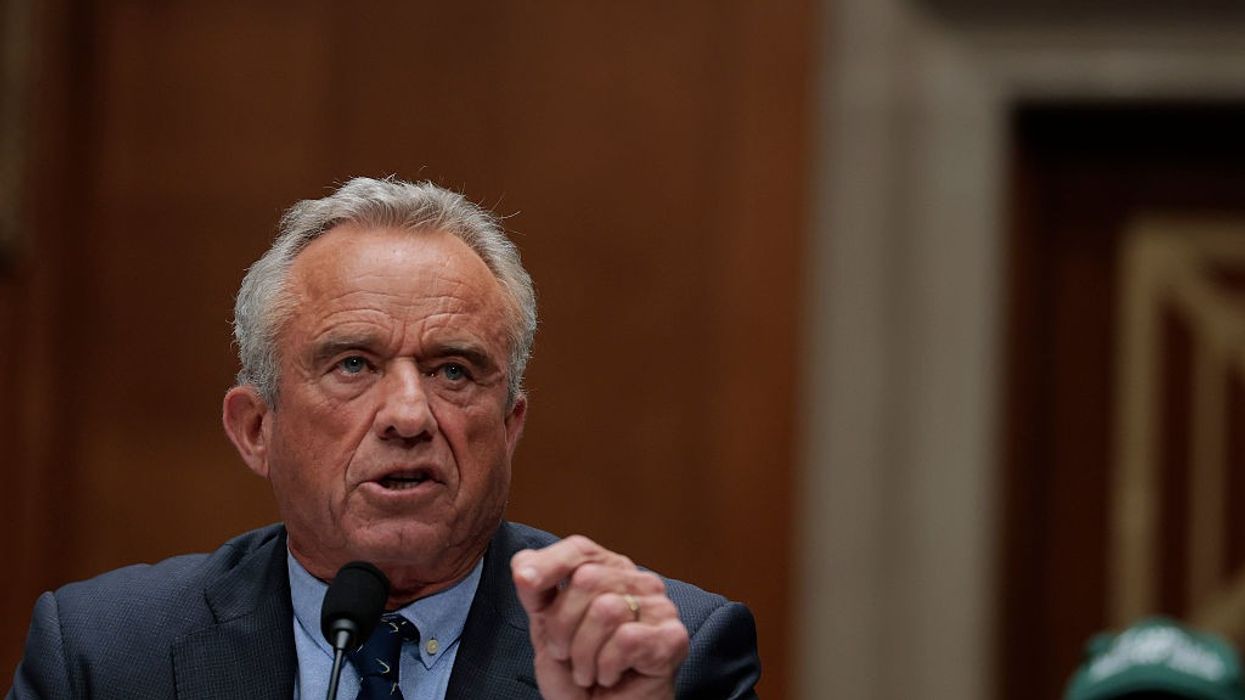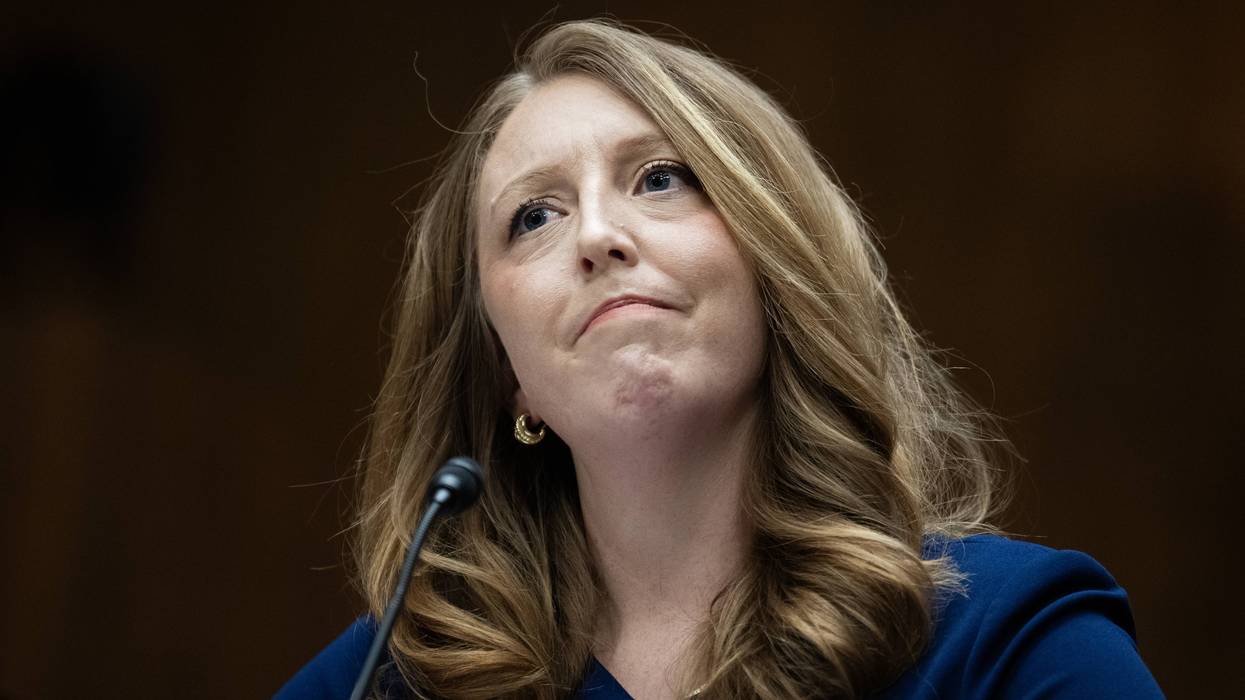'One Year of Failure': The Lancet Warns RFK Jr.'s Assault on Science May 'Take Generations to Repair'
Kennedy has "made a habit of throwing good money after bad" by promoting "junk science and fringe beliefs."
A scathing editorial published Friday in one of the world's most prestigious medical journals took US Health and Human Services Secretary Robert F. Kennedy Jr. to task for what it described as "one year of failure."
In its editorial, the Lancet began by listing off several of the broken promises Kennedy made during his first speech after being confirmed to lead the US Health and Human Services Department (HHS), such as his vow to have "open and honest engagement with everyone willing to work towards making the USA healthy again" and usher in "a new era of unbiased science without hidden conflicts of interest, secrecy, or profiteering."
In fact, the Lancet found that it took Kennedy less than two weeks to break a key promise.
"Ten days after his speech about trust and openness," the journal noted, "HHS rescinded a 54-year-old policy of soliciting public comments for new rules and regulations, silencing the voices of many of the stakeholders he pledged to serve."
Things have only gotten worse since then, the editorial continued, as Kennedy has shelved research into mRNA vaccines and "made a habit of throwing good money after bad" by promoting "junk science and fringe beliefs."
The editorial concluded by warning "the destruction that Kennedy has wrought in one year might take generations to repair, and there is little hope for US health and science while he remains at the helm." The journal urged the US Congress to "hold Kennedy accountable for his record, or else accept responsibility for endorsing President Trump's decision to let him 'run wild on health.'"
The Lancet editorial drew a range of reactions from medical experts and academics.
Scott Forbes, an ecologist at the University of Winnipeg, explained the significance of a journal such as the Lancet publishing such an overtly political editorial.
"For context, the Lancet is one of the two most important medical journals on the planet," he wrote in a social media post. "When they put this on their front cover, it is only because there is something seriously wrong. That something is RFK Jr. He is a notorious crank and charlatan. But that's par for the course in the Trump regime."
Forbes' point was echoed by Krutika Kuppalli, associate professor at UT Southwestern Medical Center's Department of Internal Medicine.
"When a leading medical journal uses language like this, it’s not rhetoric," she wrote. "It’s a warning the world should take seriously."
Pediatrician Vincent Iannelli took the Lancet to task for publishing a since-retracted study in 1998 that falsely linked vaccination with the development of autism, which subsequently helped the anti-vaccination movement gain currency.
"Let's not forget that Wakefield's fraudulent paper that was published in the Lancet helped get us on this road," Iannelli said. "RFK Jr. was influenced by mothers who blamed vaccines for their child's autism."


